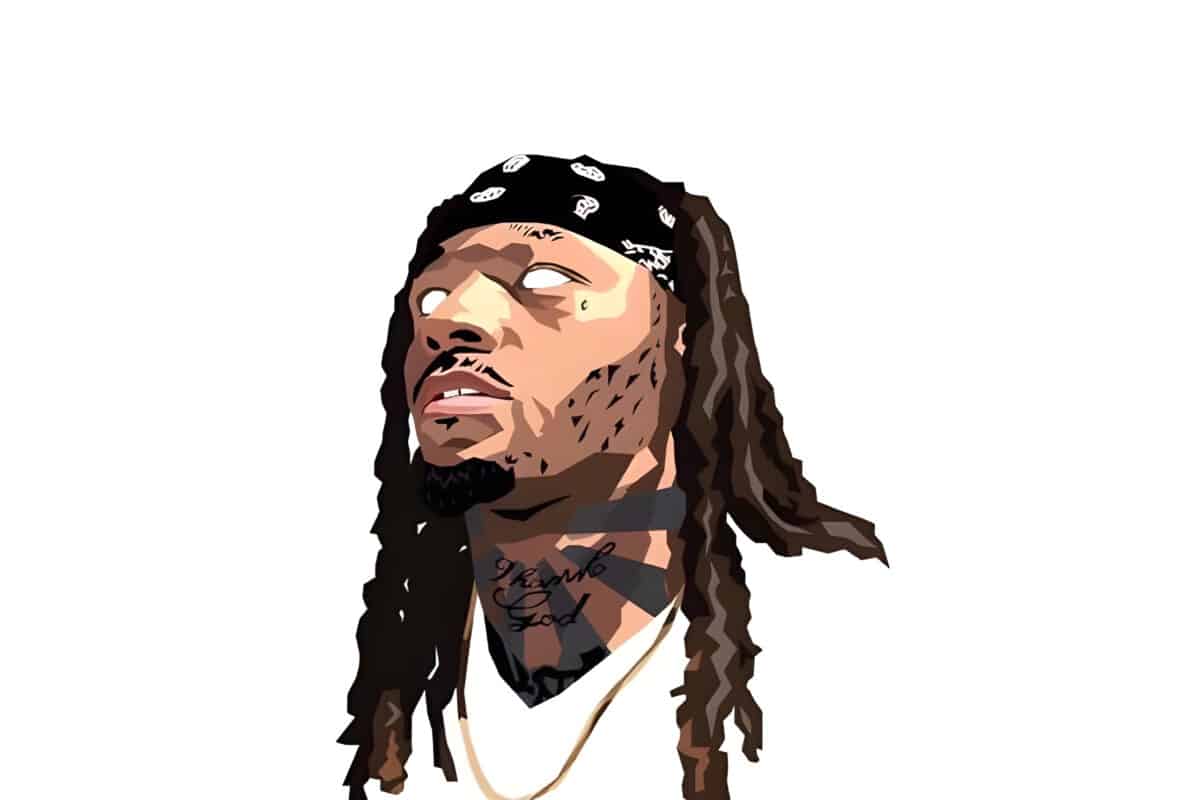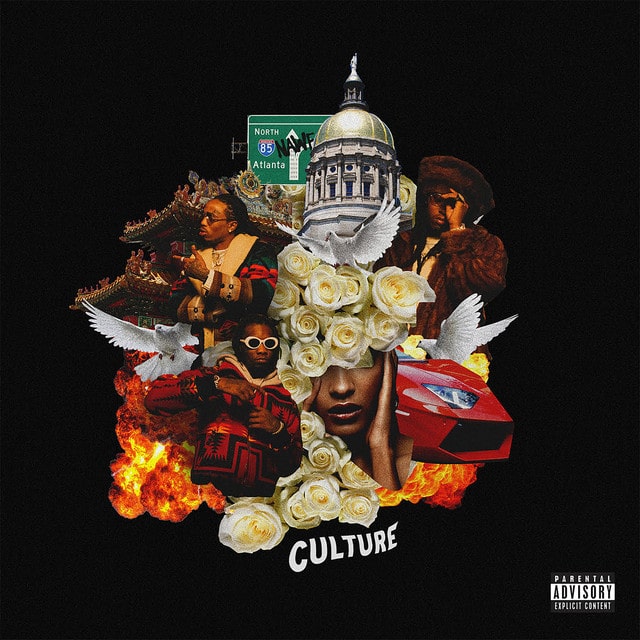Released: 2017
Montana of 300’s “Busta Rhymes” is a powerhouse of lyricism, laced with intricate wordplay and formidable bravado. The song’s central theme revolves around his supreme skill in the rap game, boasting his unparalleled ability, confidence, and dedication to his craft. In essence, the song celebrates his prowess, acknowledging both his personal achievements and the darker undertones of the lifestyle that got him there.
Right from the jump, Montana aligns himself with greatness. References to iconic figures such as “Bussa Bus'” (a nod to Busta Rhymes), “Rap God,” and “Notorious” immediately position him within the upper echelon of the hip-hop world. This introduction sets the tone, proclaiming that his talent is both remarkable and to be taken seriously.
Montana declares himself “from Chiraq” (a slang term for Chicago, comparing its violence to war-torn Iraq), revealing a connection to the gritty environment he came from, which shapes his fierce mentality. By referencing Peoria, a city in Illinois, he not only broadens his reach beyond Chicago but also indicates his early exposure to street life. The mention of “no delaying” implies that his delivery is sharp and quick, emphasizing his verbal prowess.

In his next lines, Montana takes pride in his lyrics, comparing them to “Super Saiyan” — a term from the Dragon Ball Z series that indicates peak power and transformation. This pop culture reference amplifies his claim of having superior skills, with “.40 cal bang” indicating readiness for confrontation. By bringing in “Wayans bros” (a comedy family known for the ’90s sitcom), he subtly merges humor with aggression, suggesting his capability to mix genres and tones in his music.
Montana confidently associates himself with “Django,” a reference to the character from “Django Unchained,” symbolizing resilience and independence. He makes an intriguing play on words with “Rap god or the dang GOAT,” further asserting his dominance. When he likens his speed and prowess to Usain Bolt, it’s an unequivocal claim of being unbeatable, reflecting his desire for recognition in a highly competitive industry.
“Just bought broski a Draco” implies a protective bond with his crew, while “Black mask like he Space Ghost” uses cartoon imagery to describe anonymity and stealth in potentially dangerous situations. The juxtaposition of pulling off a “smiling sinister” facade emphasizes his capacity for unexpectedness, while “body you” underlines a street-oriented toughness.
Further in, Montana reflects on personal aspects, stating “I’m fancy like writing cursive.” His unique writing style, coupled with being a self-proclaimed “Rap God,” means he prides himself on originality. His dedication to family, especially in “if I ain’t working,” paints a picture of a man balancing multiple roles, never neglecting the educational guidance of his “higher learning” through verses.
He contrasts other artists by declaring “my labels tough,” likening his collective strength to the famous Oklahoma City Thunder trio “KD, James, and Russ.” This line resonates with strength in numbers and synergy, traits Montana claims with his crew. Moreover, mentioning his roots with lines like “come from trouble times,” Montana ties in personal struggle with the sun “shining” post adversity, giving a glimmer of optimism despite the challenges faced.
The rapper makes an unapologetic stance on originality, stating he won’t “sell my soul” for fame. Lines like “can’t get me to change” reflect his strong moral code, suggesting a self-constructed path unaffected by outside pressures. In “Nike just like me,” he identifies as a brand in his own right — “a walking check” symbolizing his profitable impact on hip-hop.
Finally, as Montana wraps up, he details the resilience against legal trouble, depicting a street-smart persona well-versed in avoiding pitfalls (“just to get my check up”). He highlights how being “strapped” at all times signals preparedness and street knowledge, cleverly punctuating the song with layers of humor and gritty reality — creating a nuanced picture of a modern-day rap “minister.” His nod to the “Squad!” shows an undeniable loyalty to those around him, reinforcing the solidarity and community underpinning his success.
In “Busta Rhymes,” Montana of 300 doesn’t just echo the bombast of its namesake; he crafts an intricate narrative, revealing both a homage to the genre’s legends and an exploration of his own mythology. His lyrical gymnastics, saturated with cultural references, not only highlight his wordplay but also ensure he cements his position in hip-hop’s challenging hierarchy. It’s a modern rap testament to perseverance and talent.






